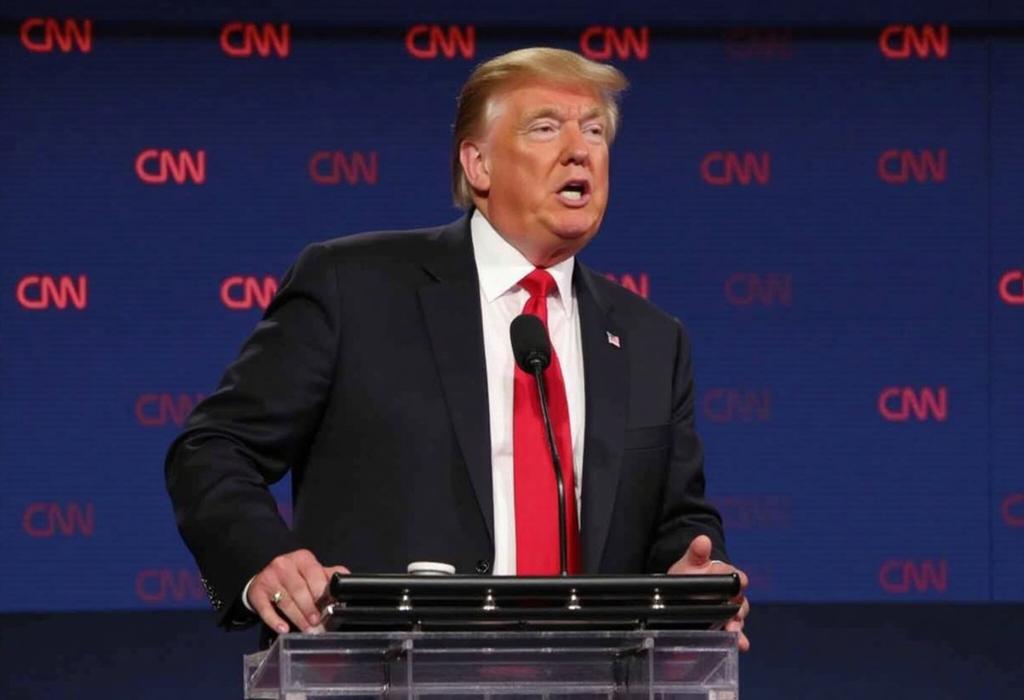As we approach election season, the anticipation surrounding leaders' debates grows stronger. Historically, these high-stakes events have been examined closely by political analysts, who argue that while the performances may not greatly sway the overall results, they indeed play a critical role in shaping public perception. Any slip-up or notable misstep by candidates during these debates can be significantly magnified in subsequent media coverage, leaving a lasting impact on voter sentiment. The consensus among experts suggests that voters often have their minds made up well before debate night, making dramatic shifts in polling unlikely. However, the repercussions of a poor performance can tarnish a candidate's image and credibility, potentially affecting their supporters' enthusiasm and turnout. Debates, therefore, serve as both a platform for candidates to articulate their visions and a minefield where blunders can lead to greater scrutiny and criticism, echoing through the campaign trail long after the final applause fades. This aspect of debate performances highlights the complex interplay of media dynamics and electoral politics, where moments of vulnerability can overshadow substantive policy discussions. As voters tune in, the spotlight remains on candidates to not only share their plans but also navigate the treacherous waters of public speaking with finesse. The upcoming debates will undoubtedly be a critical touchstone in shaping the political landscape, emphasizing the need for careful strategy and message control among candidates.
AD
AD
AD
AD
Bias Analysis
Bias Score:
25/100
Neutral
Biased
This news has been analyzed from 19 different sources.
Bias Assessment: The article presents a balanced view on the impact of leaders' debates, recognizing both their potential to influence impressions and the historical trend of minimal effect on election outcomes. The language used is neutral and fact-based, thus scoring low on bias. However, the mention of 'amplification' of mistakes could introduce slight subjective interpretation regarding media portrayal.
Key Questions About This Article




